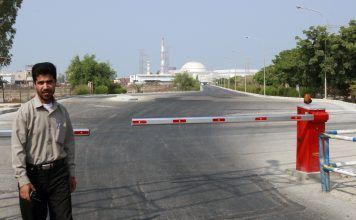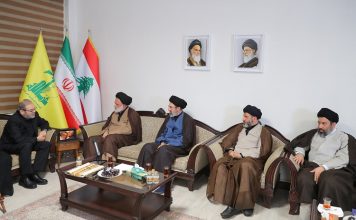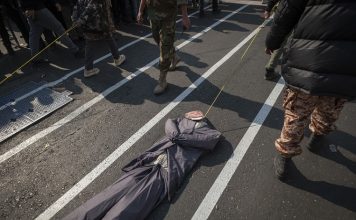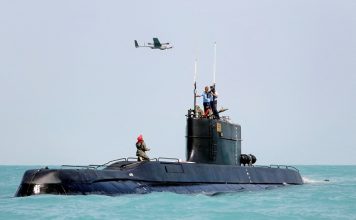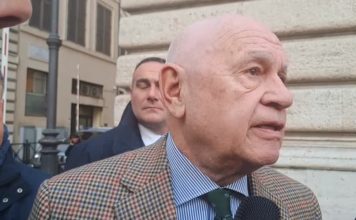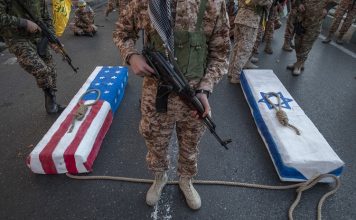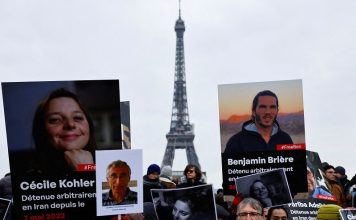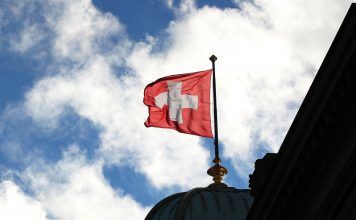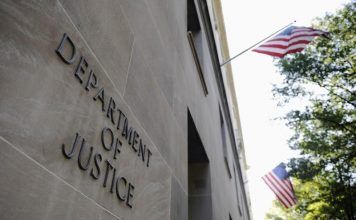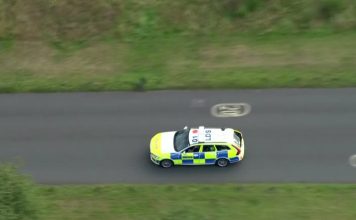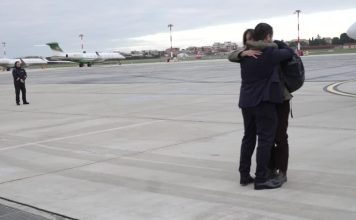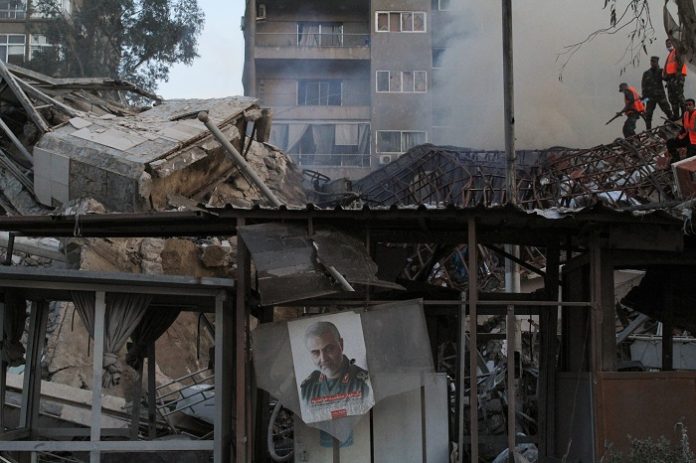
BEIRUT, April 5 (Reuters) – The head of Lebanon’s armed group Hezbollah said on Friday that Israel’s strike on Iran’s consulate in Damascus this week marked a “turning point” since Oct. 7, when Palestinian group Hamas launched an attack on Israel that has led to escalating regional tensions.
The Damascus strike on Monday killed seven Iranian Revolutionary Guards Corps members, among them a senior Quds Force commander, Brigadier General Mohammad Reza Zahedi. Iran has vowed revenge.
Iran Government Holds Funeral for Officers Killed in Embassy Strike
Iran-backed Hezbollah has said it supports Iran’s right to “punish” Israel, and in televised remarks on Friday, Sayyed Hassan Nasrallah said the response was coming.
“Be certain, be sure, that the Iranian response to the targeting of the consulate in Damascus is definitely coming against Israel,” he said.
Israel has braced itself for the possibility of a retaliatory attack, cancelling leave for all combat units and mobilising more troops for air defence units.
Speaking to Israeli forces at an air base on Friday, Defence Minister Yoav Gallant said Israel was attacking enemies wherever it decided to do so.
“It could be in Damascus and it could be in Beirut,” he said. “The enemy is badly hit in all places and is therefore looking for ways to respond. We are ready with a multi-layered defence.”
Until now, Iran has avoided directly entering the fray, while supporting a slew of attacks on Israeli and U.S. targets by its allies across the region in Lebanon, Syria, Yemen and Iraq.
Diplomats and analysts say Iran’s clerical elite does not want an all-out war with Israel or the U.S. that might endanger its grip on power, and would prefer to keep using its proxies to carry out selective tactical attacks on its foes.
Hezbollah, as well as its ally Amal and Palestinian groups based in Lebanon, have been trading fire with Israel across Lebanon’s southern border since Oct. 8.
On Saturday, an Israeli strike on the town of Marjayoun killed three Amal fighters, according to security and medical sources. Nearly 270 Hezbollah fighters have also been killed.
Nasrallah on Friday said his group still had weapons and forces that it had not yet used against Israel.
(Reporting by Laila Bassam and Maya Gebeily; Editing by Peter Graff and Hugh Lawson)

